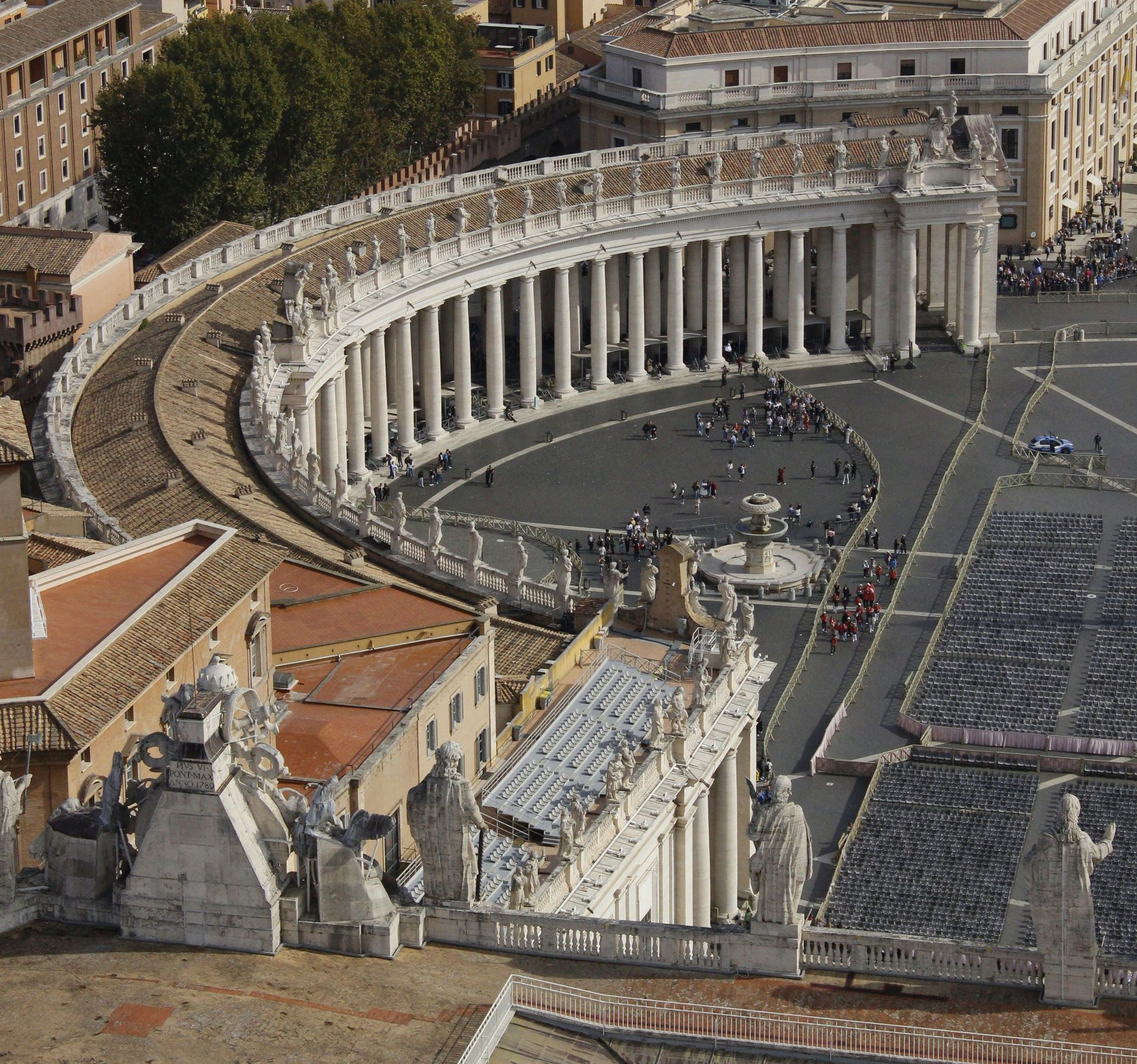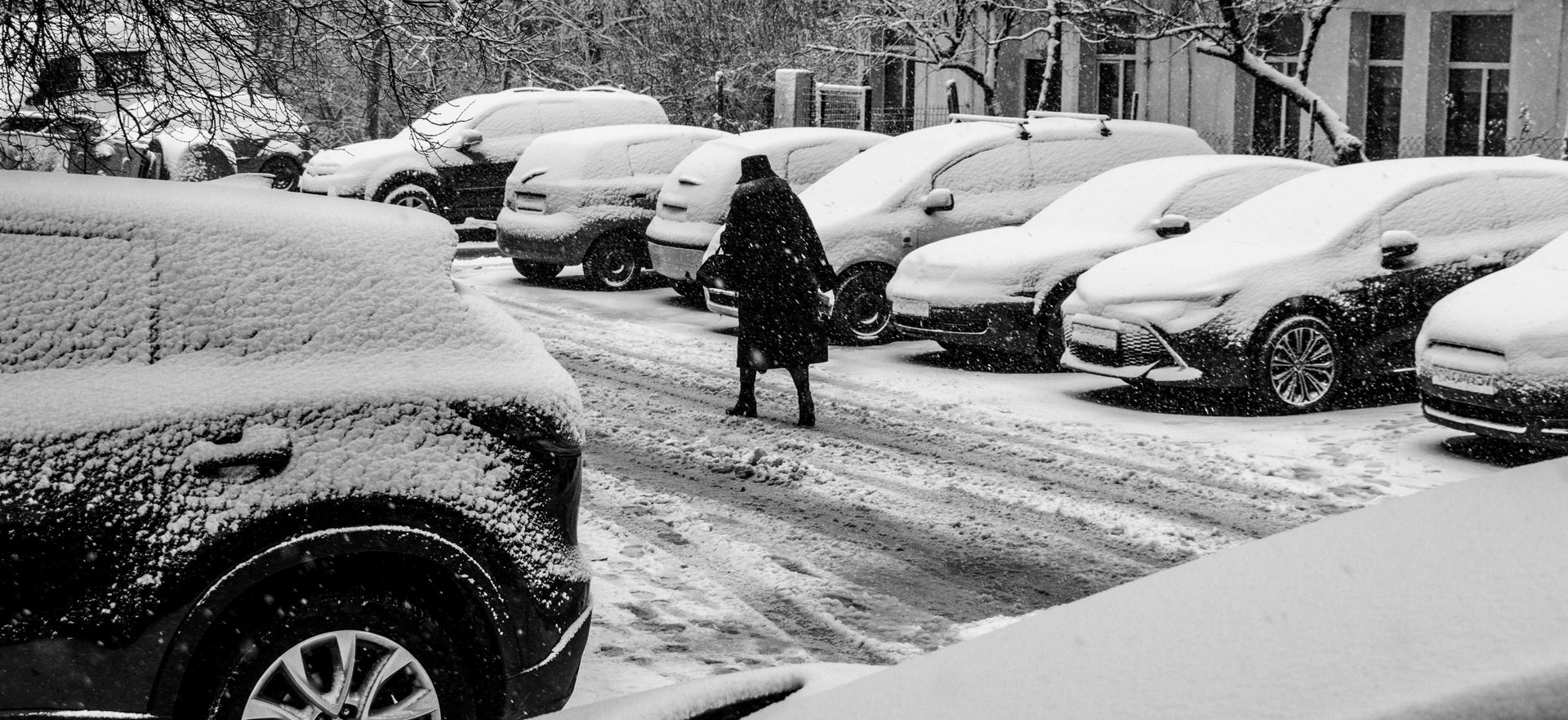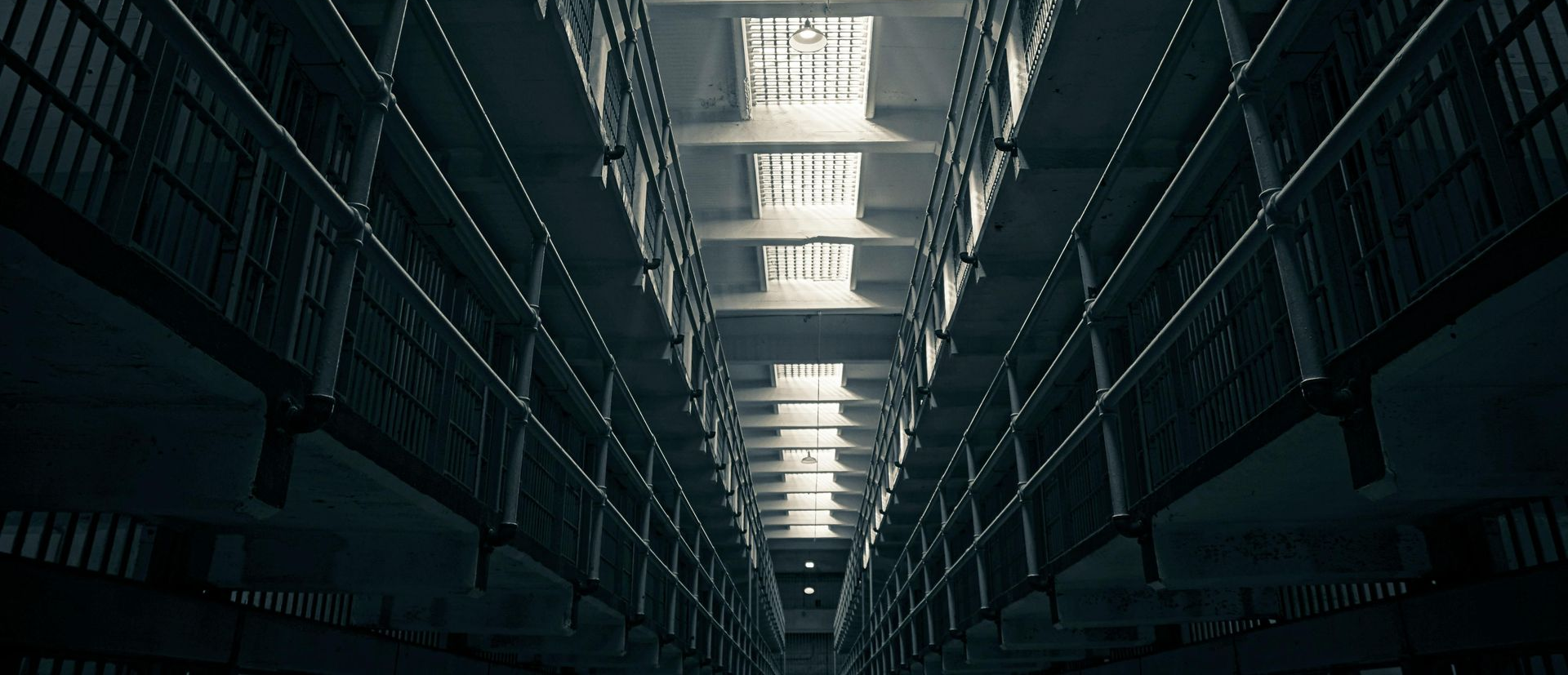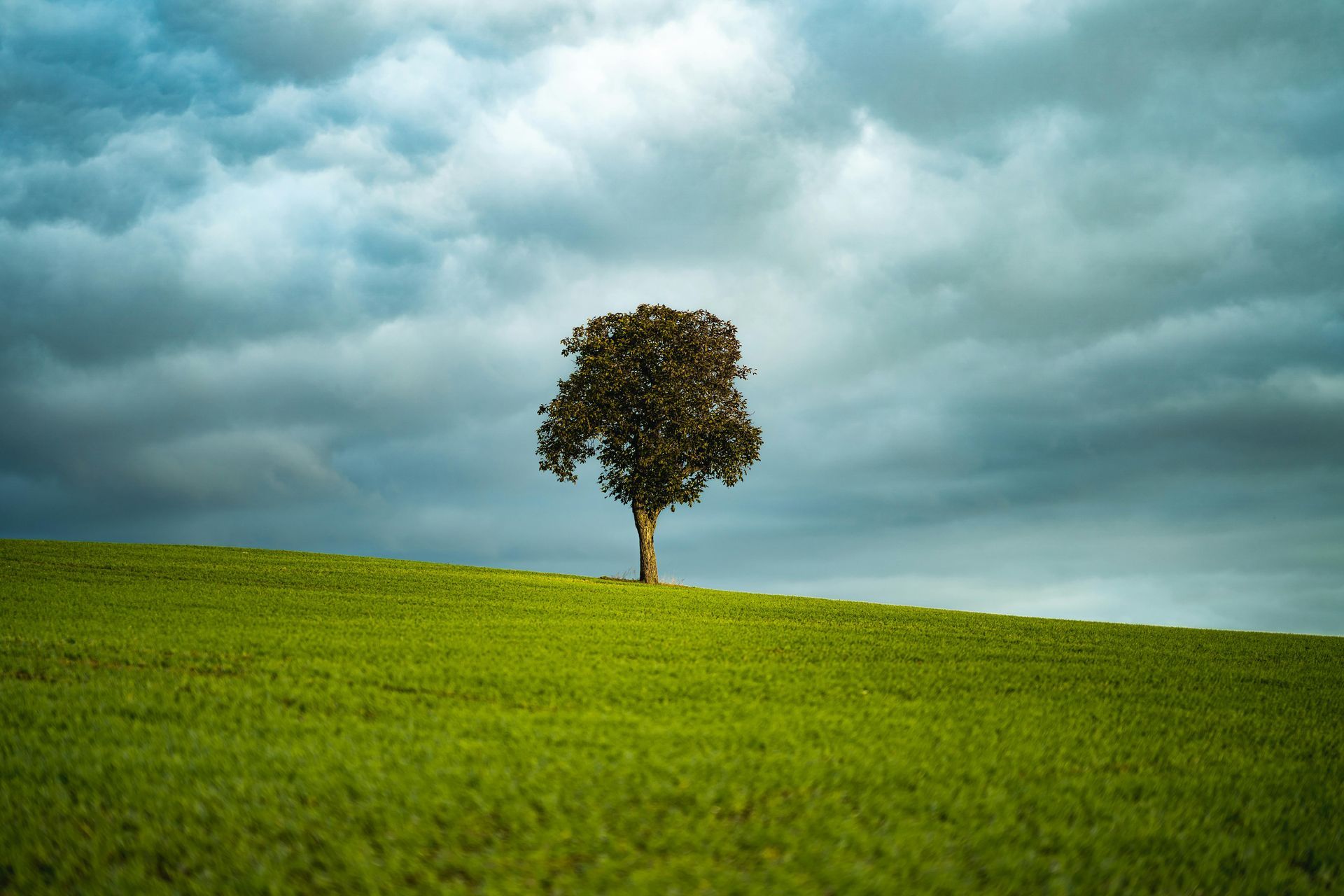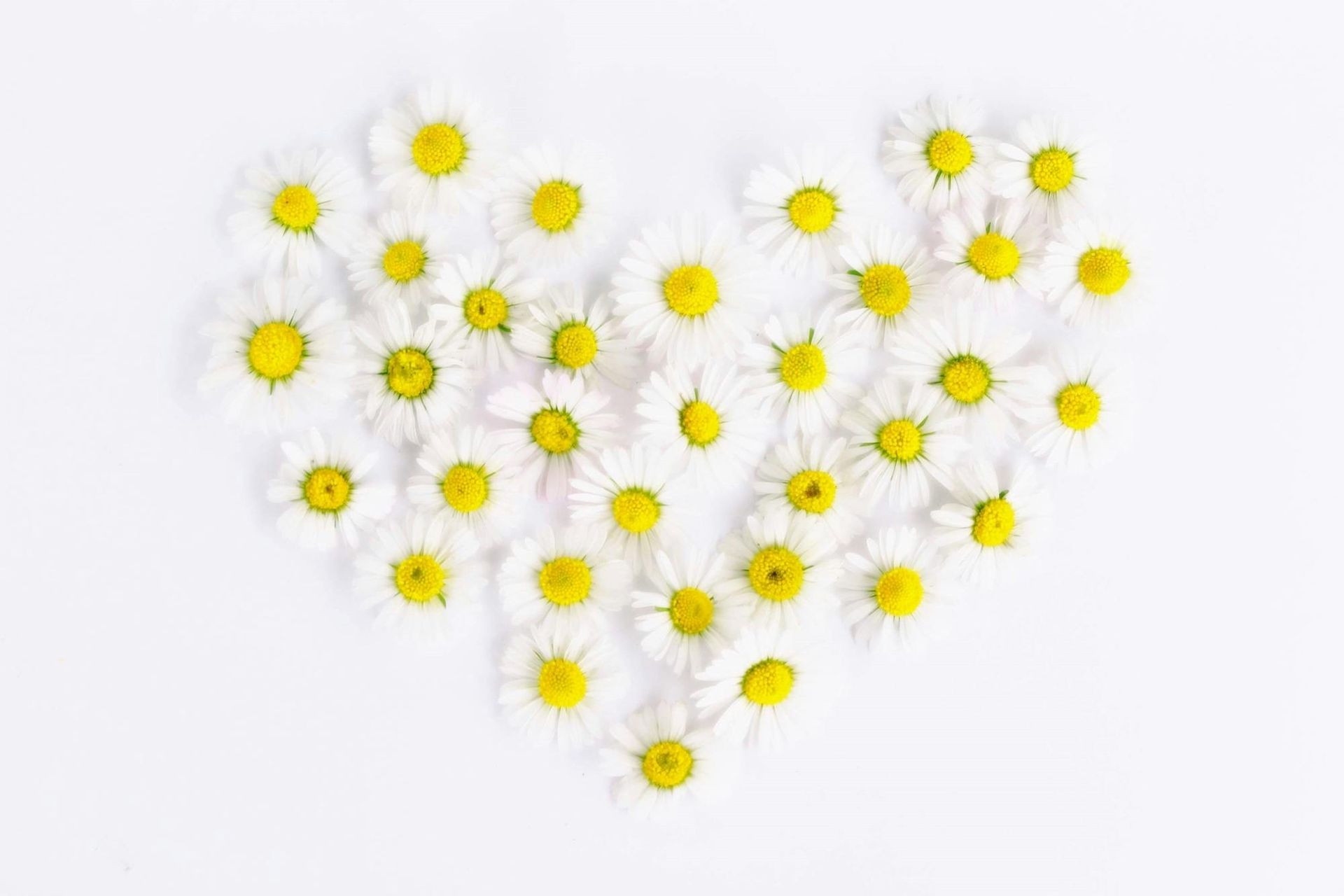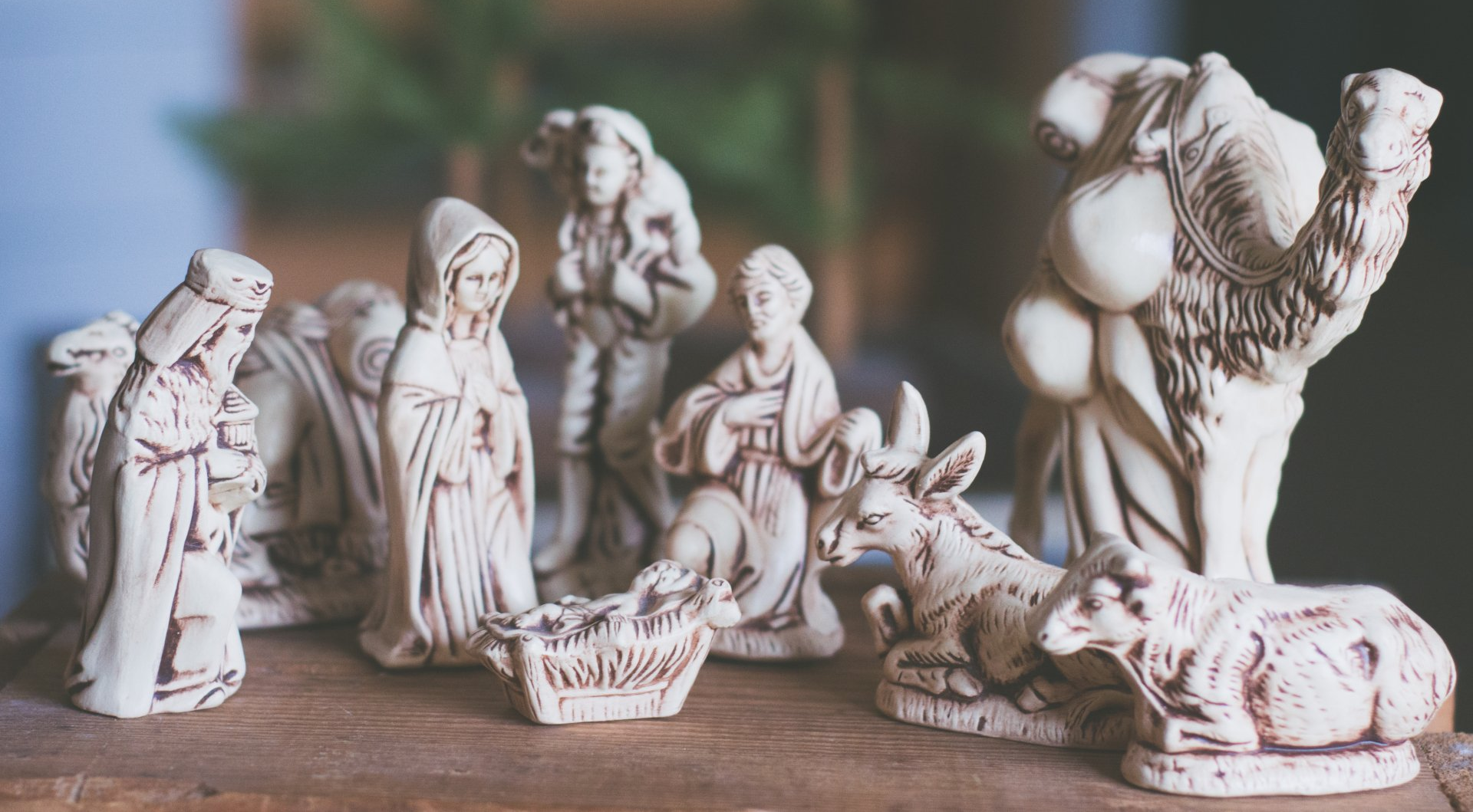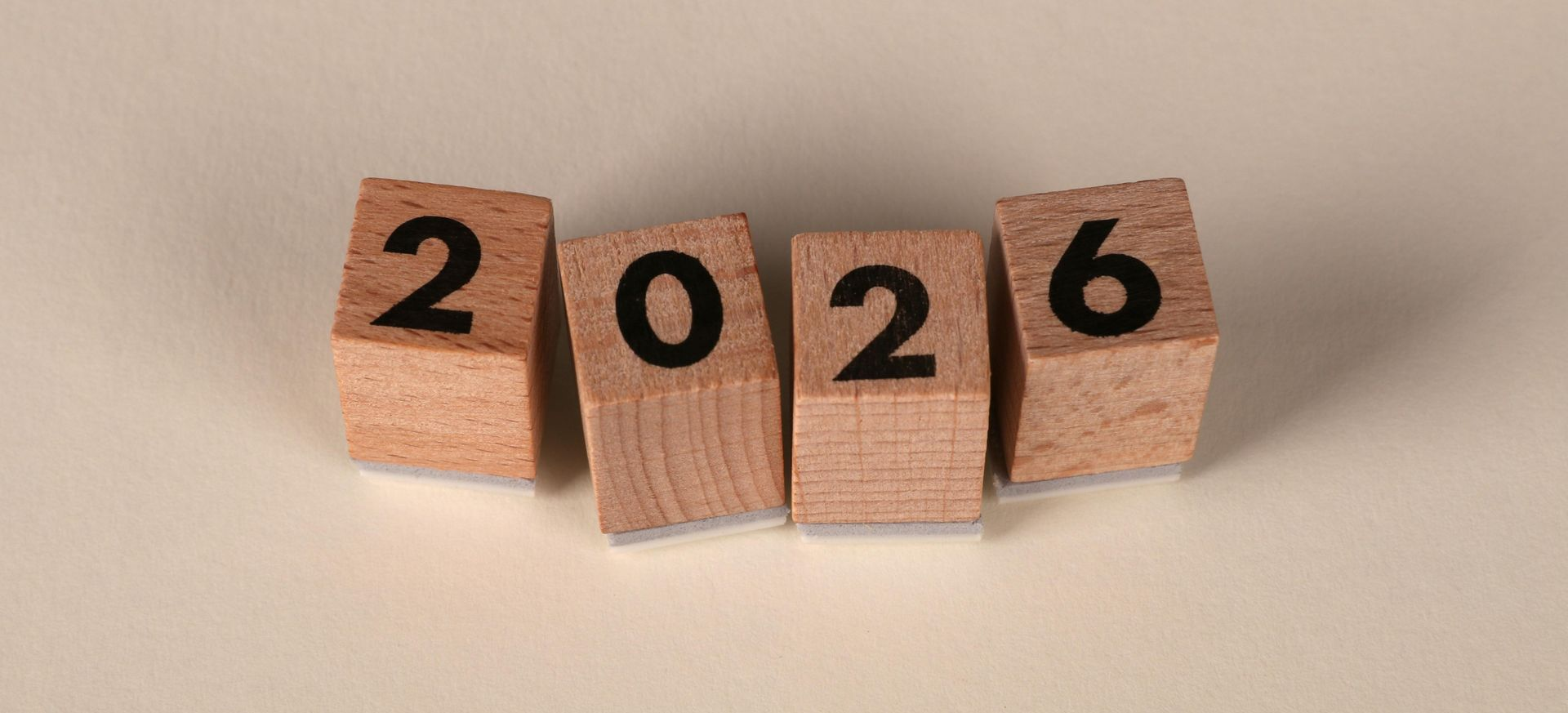Blowing in the Wind
Ruminations Blog
The noun, rumination, means a deep considered thought about something.
Back around the beginning of December, we had our garage door open, and I was sweeping the leaves and dust that had gathered in my garage from the Fall winds.
It was a little concerning to me as I was sweeping, a bird or bat (some flying creature) entered the garage and was flying in a circle above the rafters. I store small Christmas decorations on boards below those rafters and could not identify what was flying there and then it disappeared. I assumed it had flown away.
A couple of weeks ago I was once again sweeping the garage floor and heard a loud vibration coming from behind the peg board that was on the inside of one of the garage walls. I shook my head and said to myself, “I bet whatever flew in a couple of months earlier must have made a nest between the garage wall and peg board". I was too tired to look closely so I waited a week until it warmed a bit outside and then asked my wife to help me remove the peg board and flush out whatever was there.
I gave my wife a broom to protect herself in case it was an angry bird and went to work unscrewing the peg board. It was tedious work. I never remembered so many screws being placed into the board to secure it to the wall.
After a few rows of screws were removed I was able to carefully bend the peg board a bit to see what scary flying creature was there. Much to my surprise the only thing I found were spider webs.
I was confused as to what the sound may be.
A few weeks later my wife heard the sound and we found out that there was as small hole on the outside of the garage wall that would (depending on the direction of the outside wind) allow winds from the outside to flow in and create the vibration within the peg board. Fixing the hole eliminated the vibration and the noise we had heard.
This made me think how sometimes we hear someone say something about our faith or Church teaching that seems different from what we heard before, maybe a little odd, yet convincing. I suggest we not give in to the temptation to immediately believe what was heard. Please instead examine official Church teaching on the subject in the Catechism of the Catholic Church or searching on the internet for official documents on the topic published either by the Pope or the United States Conference of Catholic Bishops.
In doing so we will know for sure the true Church teaching and will not be simply listening to something blowing in the wind.
By Deacon Tom Gryzbek

